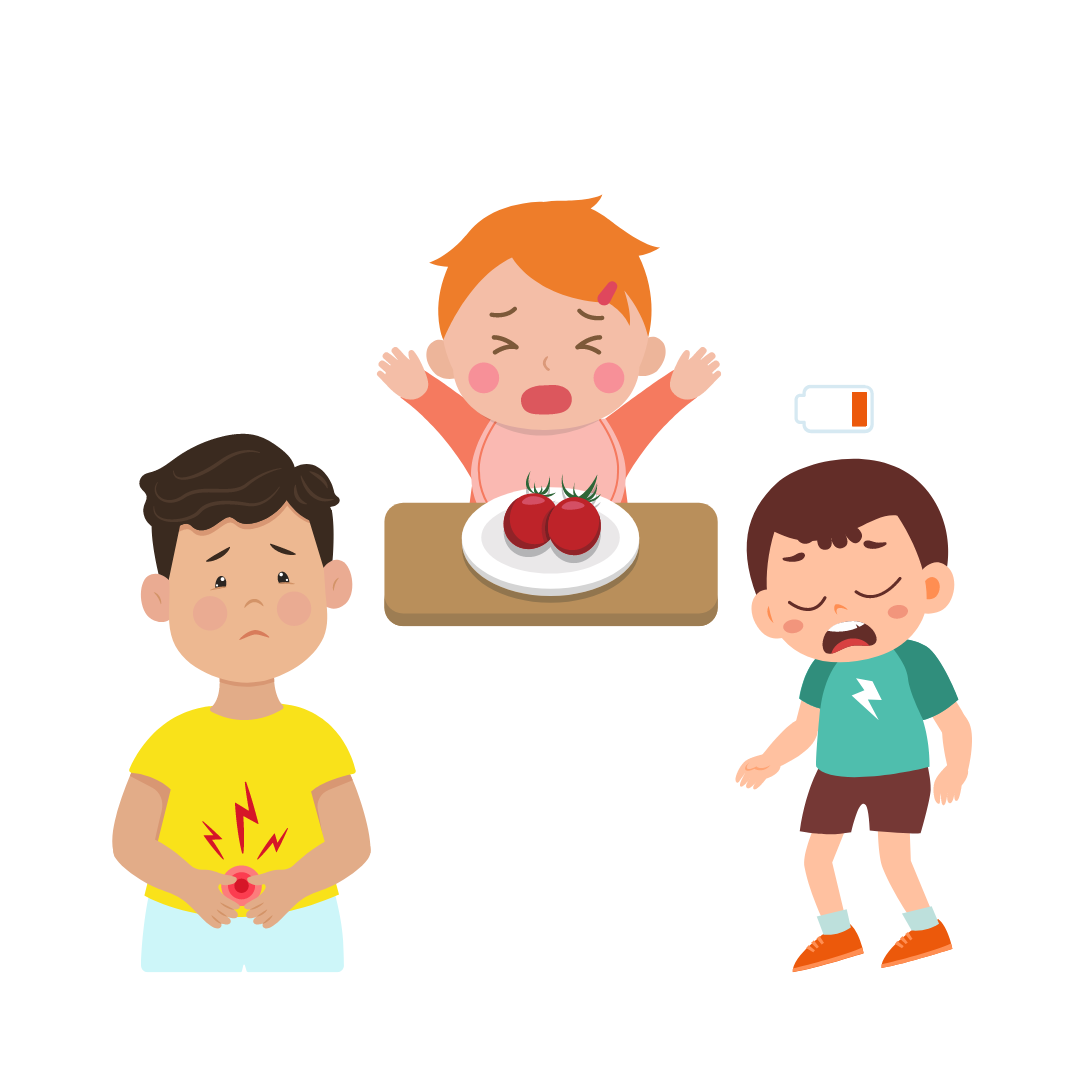COMING SOON
Advanced Pediatric Certificate
Are you a CSNN graduate who has a niche working with children and families or would you like to further develop these skills?
This exciting new Advanced Holistic Nutrition Certificate is comprised of 2 workshops: Part 1 Pediatric Symptomatology and Part 2 Childhood Epidemic Health Issues. The certificate will be 19.5 hours total. Receive a certificate after successful completion of each workshop plus a specialty certificate upon completion of a certificate package.
Flexible Learning
These workshops will be available at select branches via Live Online Virtual Learning or Self-Study Online.
Exclusive Workshops
These new workshops are exclusive to CSNN graduates, with brand-new CSNN Pediatric intake forms and NSP forms.
Pre-Requisites
Graduates who have taken updated Pediatrics course (updated 2022) will have advanced standing.
Pediatric Symptomatology - Part 1
Childhood Epidemic Health Issues - Part 2

Purpose: To gain an understanding of the pediatric intake forms and develop programs for families and children to reach their health goal.
The CSNN LAF and NSP forms give our graduates the unique ability to assess and consult an individual. It is based on these forms that new pediatric LAF and NSP forms were developed. Students will gain an understanding of how to use these intake forms to assess a child’s nutritional needs. They will also learn specific motivational interview skills and techniques regarding how to consult families, parents, and children. Students will learn the importance of working with other healthcare professionals, making referrals when necessary, and the legal implications of consulting children.
CEUs: 3.0 | Association Upgrade Hours (CAHN-Pro & CANNP): 9 hours

This course was developed due to the epidemic in many illnesses that are affecting the health of our children. Illnesses such as allergies, asthma, learning and behavioural disorders, feeding problems, and obesity have become more prevalent and have reached alarming rates in children of all ages. Understanding the root issues of these illnesses and the future health effects on children is important to be able to address the nutritional imbalances and develop the necessary program to help families.
CEUs: 3.2 | Association Upgrade Hours (CAHN-Pro & CANNP): 10.5 hours
You need to have taken the updated NN110A Lifecycle Nutrition – Pediatric in order to take these new workshops.
The Pediatrics course was updated in 2022.
Click to expand the tab below to see what has been added to the course. Graduates will receive a certificate once they complete the course with at least 80%.
To register for the upgraded course, please contact your preferred branch and join a Live Online class (Zoom). You can also choose to study at your own pace through the Self-Study Online format from Distance Education.
